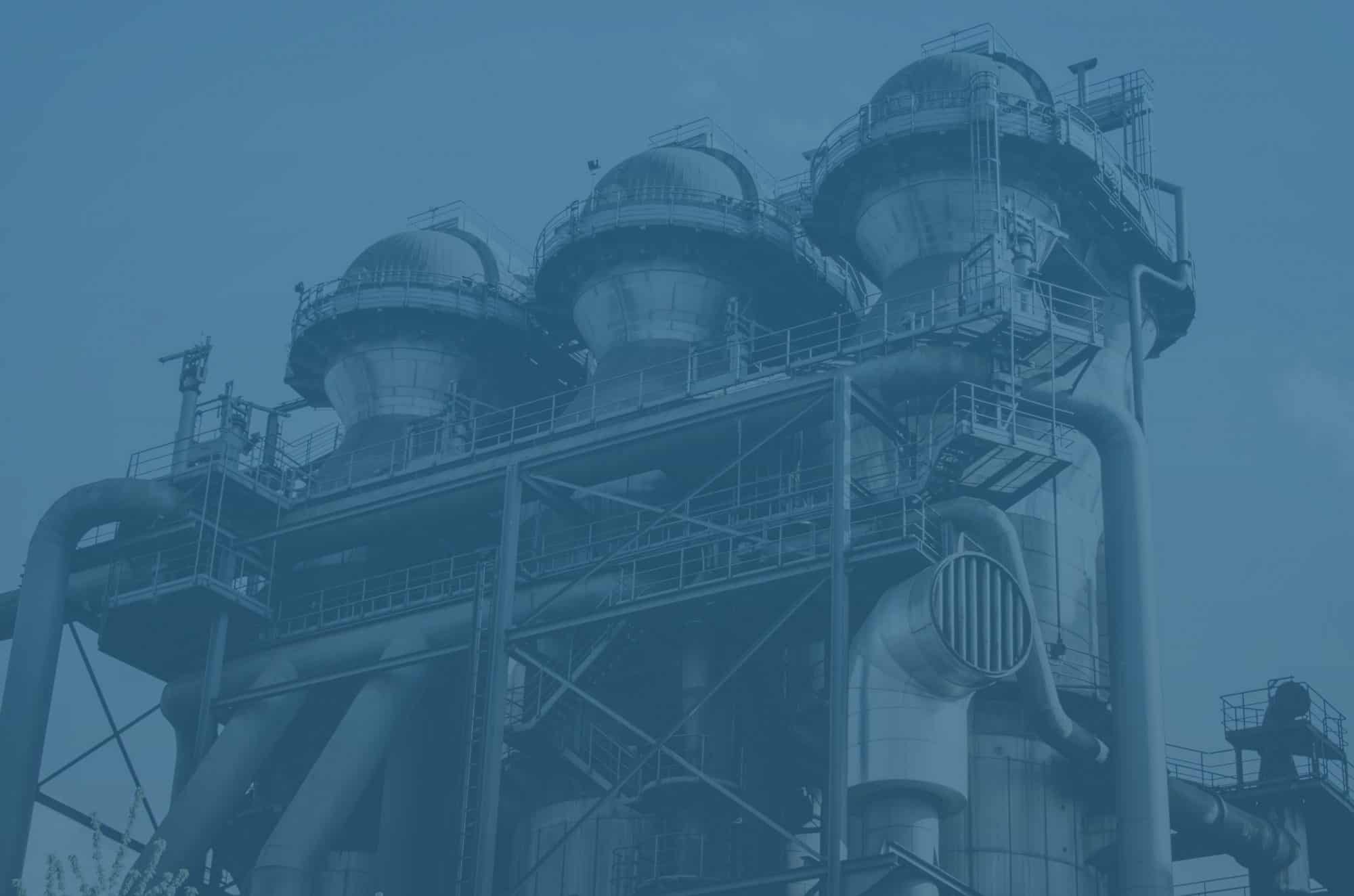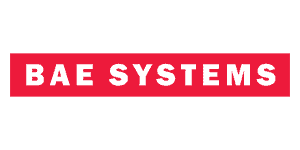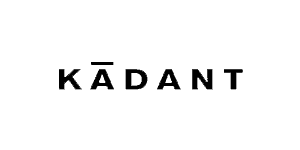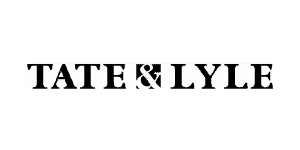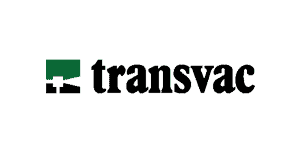A number of factors mean people are having to deal with higher levels of industrial noise than they would like. We want to have a closer look at why here and the four types. Then, if businesses need solutions like an in-line silencer, they can speak to us.
Why is noise a bigger issue?
For starters, high demands for housing and land shortages mean more properties are built close to businesses parks. Often this is the only option to deliver homes while also protecting Greenbelt land. Unfortunately, it can mean people live closer to noisy operations.
Many companies seek to maximise productivity to improve their profits. This can be noisy, especially if it involves using heavy equipment for long hours and in ways it wasn’t intended.
Industrial noise can also get worse over time. Initially most businesses will look to minimise the sound levels. However, as equipment ages, it can get noisier. Fans are a main villain here. Wear and tear can mean they wander, causing more noise.
Looking at the four types of noise
One of the things that make it tricky for businesses to manage noise is there are different types. You may tackle one but still find there is an issue because of another. The best thing to do is consider all of them. You can then choose an effective solution for each one. This may include equipment like an in-line silencer.
Airborne
The most common type of noise propagates via sound waves in the air. They can travel very long distances. Examples include hums and buzzing from equipment. There can also be noises from things like steam venting.
Structural
Some people will be surprised to hear that noise may actually be an issue because sound waves are vibrating through structural materials. They can pass through different parts of a building, including floors, ceilings, and walls. So, if you have noisy equipment in one area, it can be loud elsewhere too if you have materials that allow the vibrations.
Fluid
It may also be surprising to some that noises can come from the passage of fluids and gas. As they travel through pipes, they can cause vibrations. It happens more when processing high volumes at high speeds because of turbulence. The vibration can result in noise. Plus, there can be sounds simply from the gurgling and hiss of resources.
Elasticity
The final type of noise happens because of the deformation and movement of materials when they experience mechanical stress. Things like expansion and contraction can generate horrible sounds. Temperature fluctuations can also be a worry; they can make materials expand and contract too.
Do you need an in-line silencer?
Ventx appreciates that more and more people are having to deal with industrial noise. In fact, there are news stories about unhappy residents in various parts of the UK. We would love to help by supporting businesses with noise reduction. Our experience can be very useful; it ensures we can deliver bespoke equipment for most needs.
So, if you are a business considering industrial noise, speak to us and find out if an in-line silencer or another type would work for you. It could help you protect workers and build a stronger relationship with locals.
